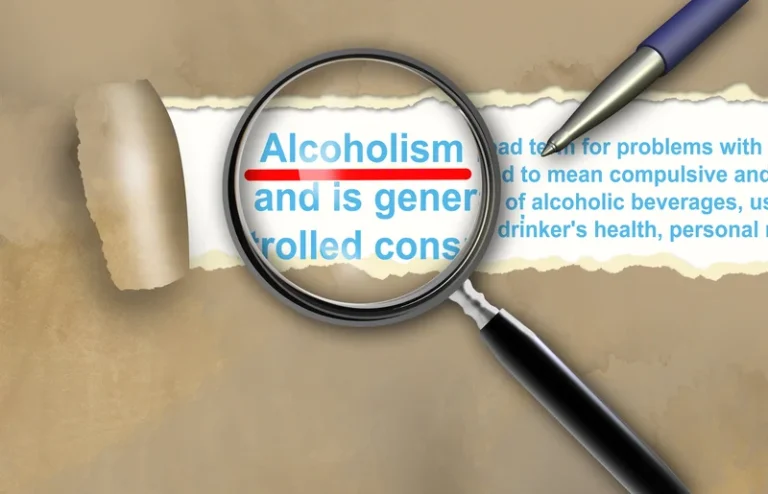
The medications acamprosate, disulfiram, or naltrexone may also be used to help prevent further drinking. On the flip side, prolonged alcohol abuse can also directly contribute to the development of mental health Drug rehabilitation disorders. Chronic alcohol consumption can disrupt the balance of neurotransmitters in the brain, leading to mood swings, cognitive impairment, and even psychosis in severe cases. Chronic alcohol abuse can lead to severe health complications, including liver disease, cardiovascular issues, and neurological damage.
Raise Awareness for Mental Health Month
In this exploration, you’ll decode scientific language, dispel common myths, and learn how to fight alcohol dependence. So, let’s delve into this important topic, breaking down scientific terminology and debunking myths, to gain a comprehensive understanding of alcohol dependence. It’s understandable if you think that “chronic disease” and “alcoholism” are unrelated topics. Mutual-support groups like Alcoholics Anonymous (AA) and inpatient rehabilitation are common treatments for alcohol problems. Many factors can contribute to someone developing alcohol use disorder. Doctors may treat withdrawal syndrome with medication or supportive care and monitoring.
Comparing Alcoholism and Other Chronic Conditions
Physical symptoms such as weight gain (or loss) usually show up in this mid-stage, too. The immediate physical effects of drinking alcohol range from mild mood changes to loss of coordination, balance, and speech. Any of these signs can signal that you’re drunk or what’s officially called “acute alcohol intoxication.” They usually wear off in a few hours after you stop drinking. Your risk of having AUD is three to four times greater if a parent has it, although many people who have a parent with a drinking issue don’t develop one as well. Over time, drinking excess alcohol can change areas of your brain, including one that senses pleasure and another that helps with self-control.

Alcohol withdrawal
Frequent binge drinking increases the risk of alcohol use disorder. Expert guidelines recommend that men consume no more than 2 drinks per day and that women limit their alcohol consumption to 1 drink per day. Drinking more than this can place a person at risk of developing problems related to alcohol consumption. Behavioral therapy, also called talk therapy or alcohol counseling, is recognized by the medical community as one of the most effective methods of alcohol rehab. Alcohol use disorder (AUD) is the proper is alcoholism considered a mental illness term for a condition in which there is an inability to control alcohol use despite a negative impact on health and other aspects of a person’s life. Family First Intervention is a family intervention program about change.

Along with an alcohol use disorder comes the risk of tolerance, which means a person needs larger amounts of alcohol to achieve the effects they desire. Consuming 3 or more drinks may have caused intoxication previously, but once a person has an alcohol use disorder, they may not even feel impaired until consuming much more than this. For women, consuming 4 or more drinks in one sitting is defined as binge drinking. For men, binge drinking is defined as consuming 5 or more drinks in a sitting.
- The two manuals use similar but not identical nomenclature to classify alcohol problems.
- With continued use of alcohol or drugs, nerve cells in the basal ganglia “scale back” their sensitivity to dopamine, reducing alcohol’s ability to produce the same “high” it once produced.
- First, heavy alcohol use may increase the likelihood of suffering traumatic events, such as violence and assault.
- Strong research supports an understanding of the biological aspects of AUD.
- To better understand this issue, it’s essential to recognize the connection between alcoholism and mental health and how it may affect your loved one.

